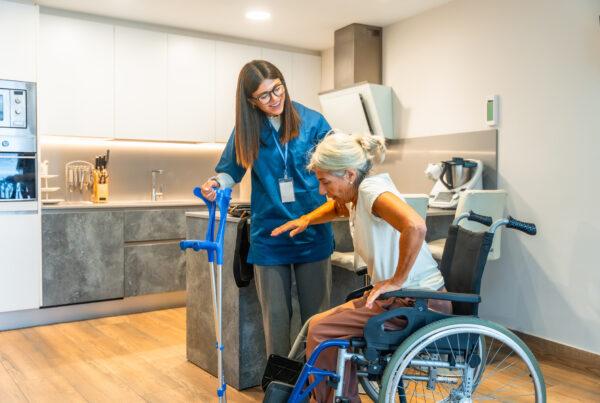Medical office assistants (MOAs) play an integral role in the operations of any medical office. They can work in many different types of offices, and though the kind of tasks they perform on a daily basis may depend on the office in which they work, it’s likely that the day of a medical office assistant will always be action-packed.
The work that they do is critical in the aid of medical professionals, and their work includes scheduling and verifying appointments, handling and recording medical reports, and facilitating communication between staff and patients. MOAs can work in many different settings, including but not limited to: a dentist or orthodontist’s office, a hospital, a chiropractor’s office, a doctor’s office, or a variety of clinics. Regardless of where they work, the day to day job of a medical office assistant will likely look something like this:
The Morning Duties
A medical office assistant will likely start their day by getting into the office a bit earlier than their coworkers. They’ll go over the appointments held that day and prepare for them by making sure patient files are accessible, preparing paperwork, filling out insurance forms, and checking the phones and emails to ensure there are no last-minute cancellations or requests. After this work is conducted, other staff members may begin to arrive, and the medical office assistant will brief them on anything they may need to be aware of for the day, including reminding doctors of their appointments.
After the Office Opens
As soon as the office opens for patients, it’s likely that a medical office assistant will be busy. They’ll juggle a steady stream of phone calls while patients arrive for their appointments. When patients come in, a medical office assistant must conduct a check-in process, which might include having patients fill out paperwork and verify their information.
During your medical office assistant courses, you’ll become more familiar with the kinds of documentation that patients will often need for their files, and what information is important to always have on hand. Depending on how busy the day’s appointments are or how far the appointments are from each other, this process could be rushed or it could be relaxed. However, a good medical office assistant will always maintain a positive and helpful attitude in order to make the process as smooth as possible.

Medical office assistants spend lots of time handling and updating patient paperwork
Between checking patients, a medical office assistant will take care of appointment changes, appointment reminders, and more. A medical assistant will also process referrals for patients who require them, sorting the referrals by prioritizing the most urgent ones.
Responsibilities When Patients Are Gone
When the office is no longer seeing patients, MOAs will have the time to finally complete any tasks they may not have had time to attend to throughout the day. These might include finalizing the scheduling of appointments, updating patients’ charts, and getting back to phone calls that might have been missed.
The day of a medical office assistant might be challenging, requiring good communication skills, organization, and solid multitasking abilities. However, the moment when you start working as a medical office assistant, you’ll know that it’s a rewarding job, as you’re working to help people have their medical needs met.
Do you want to explore the Academy of Learning Alberta’s program options for becoming a medical office assistant?






